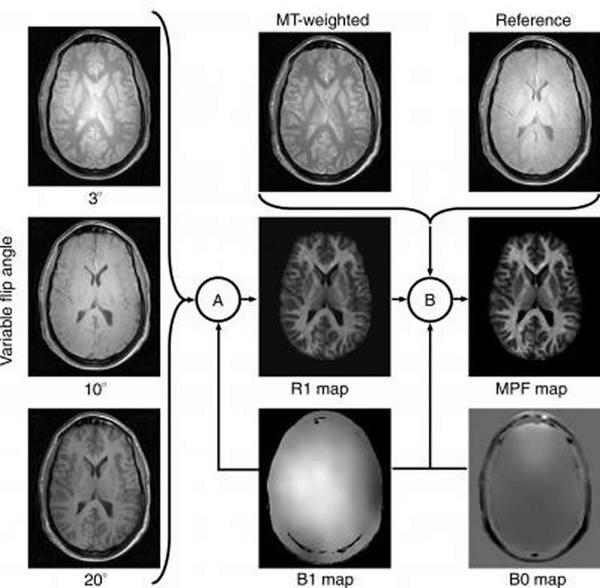Results Published from First Human Clinical Trials of “Anti-LINGO” Myelin Repair Strategy
August 27, 2014
Results from two phase I human safety trials of an exploratory treatment aimed at repairing myelin damaged by multiple sclerosis have now been published. One to two treatments with Biogen Idec’s BIIB033 (anti-LINGO monoclonal antibody) were given by injection under the skin or into the vein of healthy volunteers and people with relapsing-remitting or secondary-progressive MS. No serious adverse safety events were reported, and although these studies were not designed to evaluate effectiveness, the results were considered positive and have led to a phase II trial, now underway in relapsing MS. The results were published on August 27, 2014 in the online journal Neurology® Neuroimmunology & Neuroinflammation.
“It’s encouraging to see an entirely new treatment strategy aimed at repairing MS myelin damage moving forward in clinical trials,” noted Dr. Timothy Coetzee, Chief Advocacy, Services and Research Officer at the National MS Society. “Repairing myelin may be the best way to protect the nervous system from MS damage, and it holds potential for restoring function that has been lost in people living with this disease,” he added.
Background: In MS, immune attacks lead to the loss of myelin that coats and protects nerve fibers in the brain and spinal cord. Repairing the nervous system was just a dream a few years ago. Today it holds significant promise as a strategy to restore the function that MS has taken from people; and reducing or stopping MS progression. This remarkable progress is due in large part to the National MS Society’s comprehensive efforts and multi-million dollar research investments. Today the Society is supporting 87 research projects in nervous system repair, with multi-year commitments totaling over $35 million.
The first human trials of anti-LINGO leverage research aimed at stimulating the body's natural healing abilities. LINGO is a protein seen in neurons and myelin-producing cells (oligodendrocytes), and blockading this protein with a monoclonal antibody called anti-LINGO has been shown to promote remyelination in animal models.
Details: In these first tests of anti-LINGO in humans, 72 healthy people and 47 people with relapsing-remitting MS or secondary-progressive MS were given anti-LINGO or inactive placebo by injection under the skin or into the vein. The participants with MS were given two treatments, two weeks apart.
All participants were monitored extensively for any signs of adverse reactions. There were no serious adverse safety events noted. The most common side effects included headache, upper respiratory tract infection, stuffy nose, GI symptoms and urinary tract infection, and these were experienced by participants who were on placebo as well as those who received doses of anti-LINGO.
Generally phase I studies are not designed to detect benefit, but largely to evaluate the safety and tolerability of exploratory therapies, to refine appropriate dosing, and to determine whether they reach their targets – in this case, the central nervous system. That is true of these trials, and there was no evidence from MRI or other tests that showed clear evidence that existing brain lesions healed from this short exposure to anti-LINGO. However, the safety, dosing and pharmacology results were considered positive and have led to the design and launch of a phase II trial by Biogen Idec, now underway in relapsing MS.
Read more about research into nervous system repair in MS.




